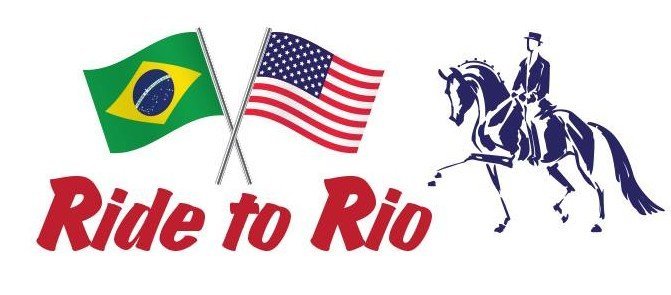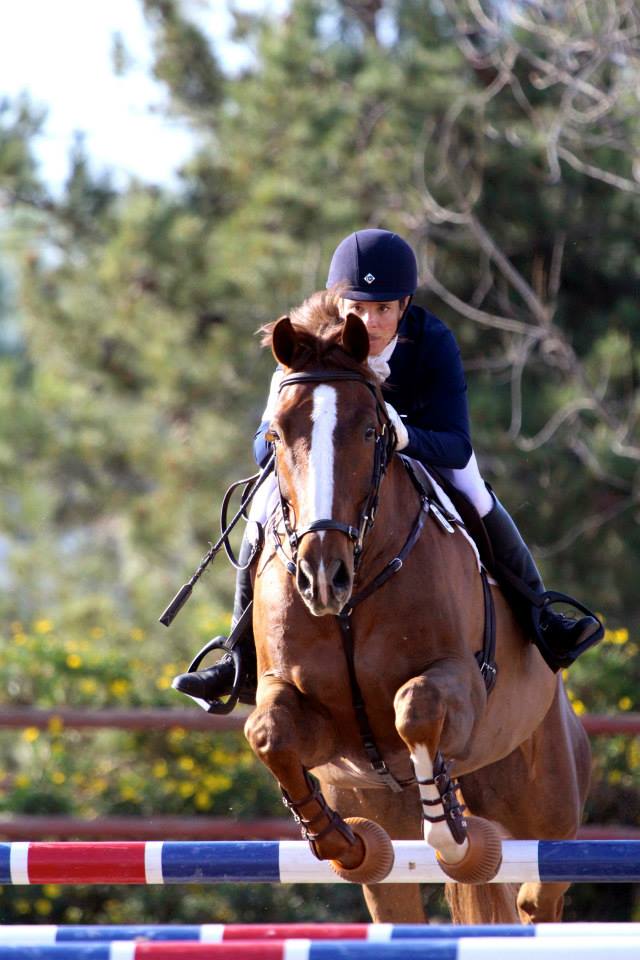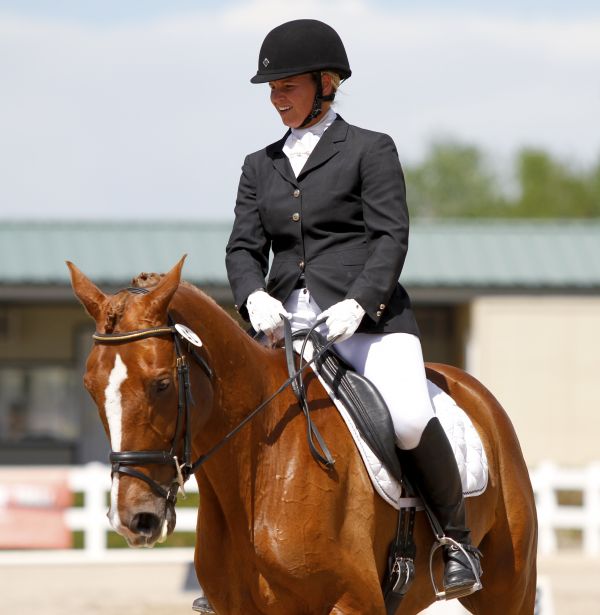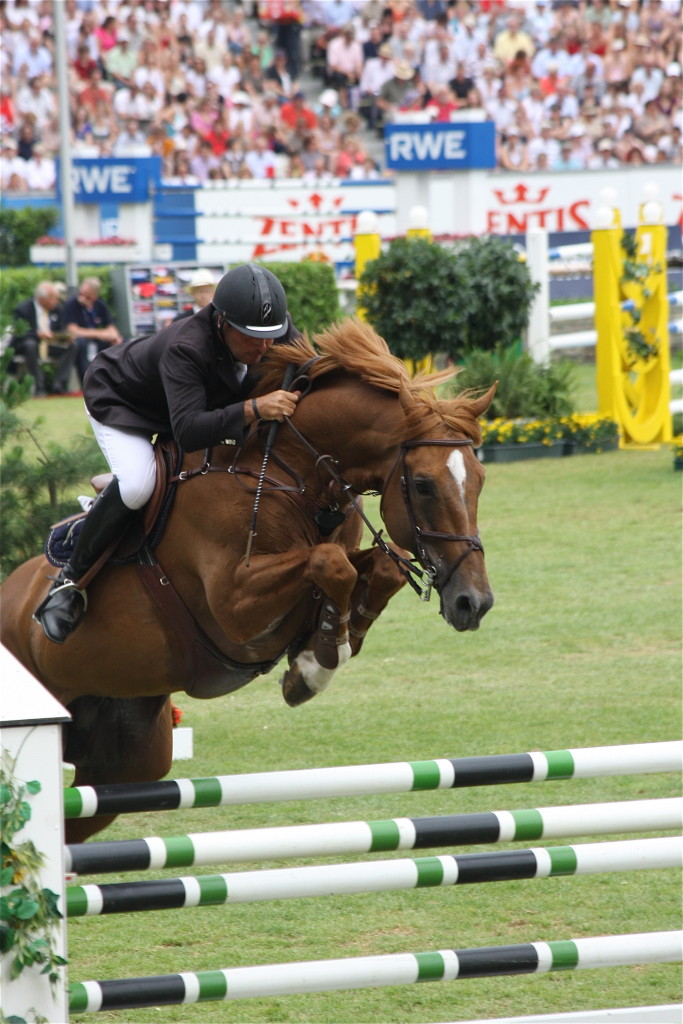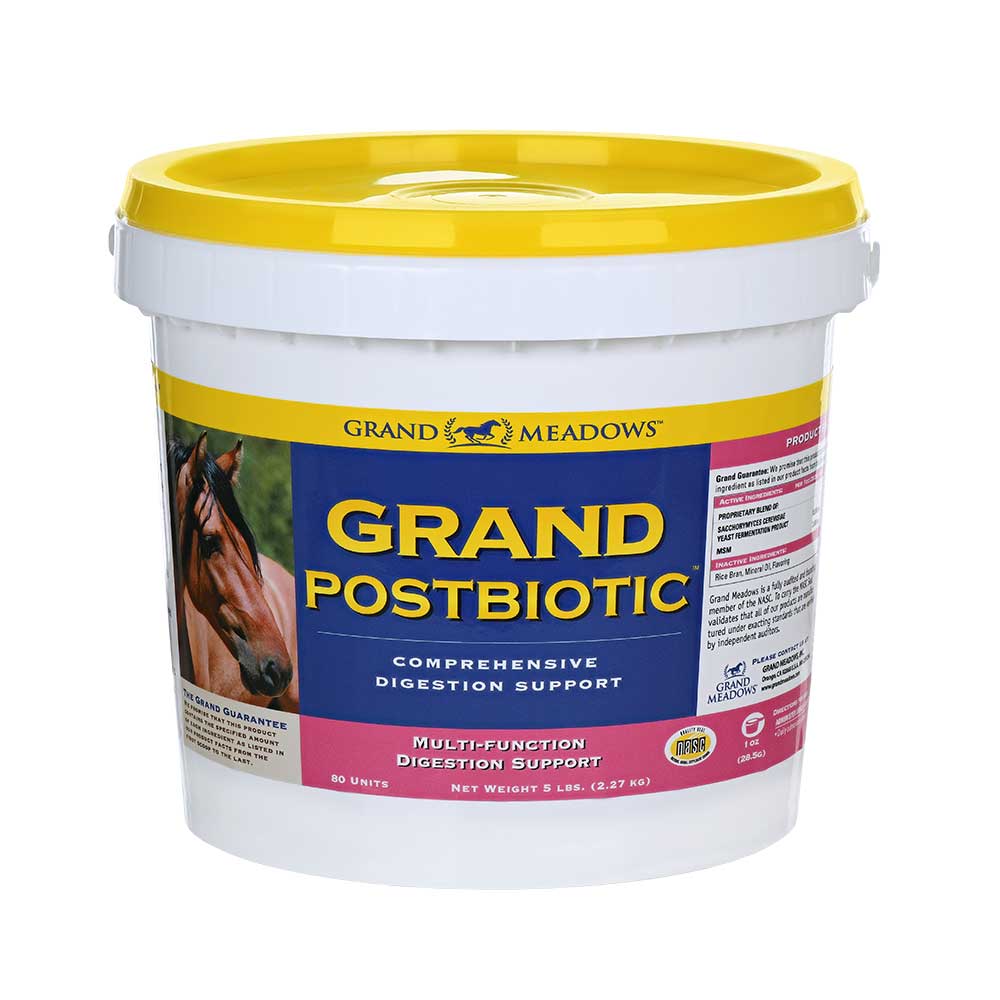Inaugural West Coast High Performance Fundraiser
The Inaugural West Coast High Performance Fundraiser took placeon Thursday, April 23, 2015 at the Rancho Santa Fe Golf Club. Grand Meadows attended and supported this wonderful event.
Thank you Christine Traurig and Sean Caddell for organizing the first ever West Coast High Performance fundraiser to support Team USA in its pursuit of standing on the podium in the 2016 Olympics.
The event was an elegant buffet dinner and a live auction. All proceeds from the dinner and auction will go to the United States Equestrian Team Foundation to be used to defray the high costs of preparing for the Olympic trials and the Olympic games, August 5-21, 2016 in Rio de Janeiro.

